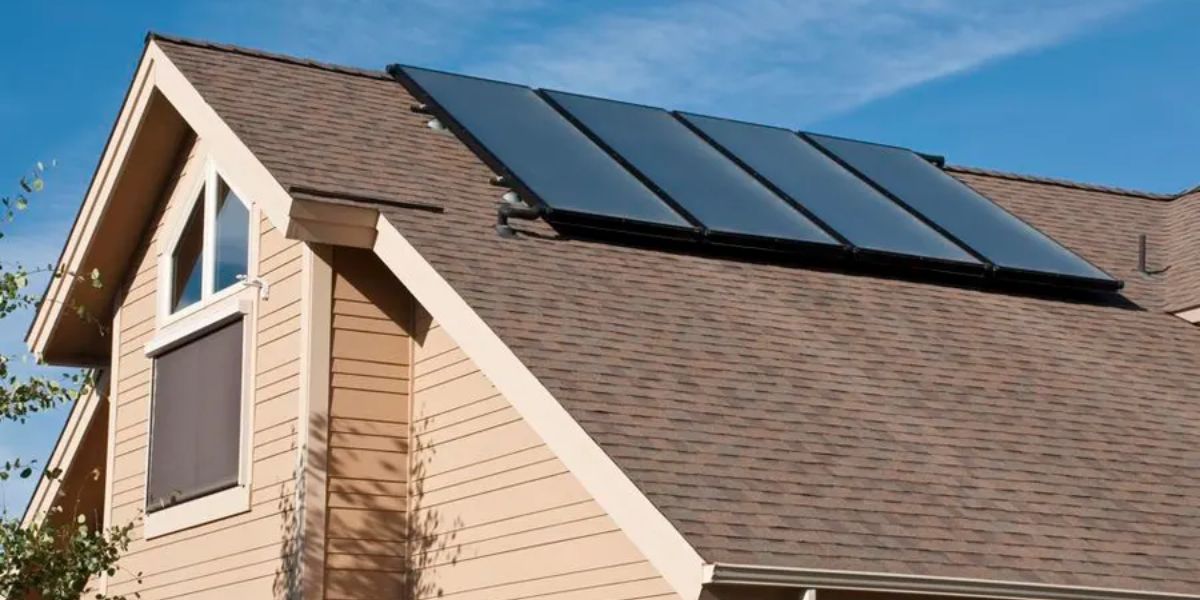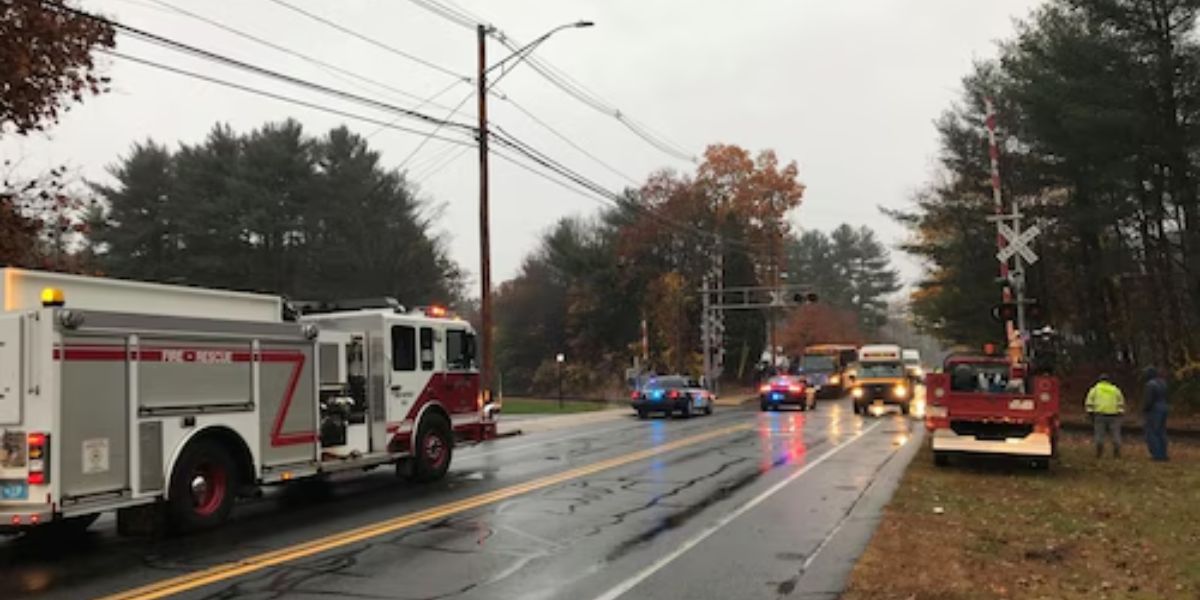Accessing solar power in Pennsylvania remains out of reach for a significant portion of the population due to high costs and technical limitations.
That’s why a legislator in Erie County is taking steps to reintroduce legislation that aims to address the needs of renters and homeowners who are unable to afford their own rooftop panels.
Sen. Dan Laughlin, a Republican from Erie, introduced a proposal on Thursday to create subscription programs that ensure residents have access to 100% solar power from a local source, rather than relying on the usual grid mix.
According to a statement made on Thursday, this bill aims to provide an opportunity for individuals who support renewable energy but are unable to generate it in their current environment to contribute financially towards a cleaner grid.
While residents have the option to browse and select renewable energy plans from Pennsylvania’s retail electricity market, the majority of the generated power originates from projects located in Tennessee or Kentucky.
A spokesperson from Laughlin’s office mentioned that a significant number of plans available on the market do not actually meet the criteria of being “green.” Project developers frequently sell their solar renewable energy credits to fossil fuel suppliers, who in turn utilize the credits to demonstrate that a portion of the power provided to customers is sourced from renewable sources.
The credits vary from $3.50 per megawatt hour produced to as high as $370, depending on the market value of each state. In October 2022, the value of Pennsylvania credits ranged from $40 to $42.
Laughlin’s plan, however, ensures that local sources retain their credits, allowing the generation to contribute towards the state’s Alternative Energy Portfolio Standard and ensuring its “green” status.
The proposal arises as the senator strongly opposes the plan to install wind turbines in Lake Erie. The measure was approved by the House in April, allowing land leases in the central and western regions of the lake.
While proponents argue that the development plans steer clear of any ecological and economic disruptions, skeptics hold a different view.
During an April 17 floor debate, Rep. Jake Banta, R-Waterford, expressed his skepticism about the bill’s supposed environmental stewardship.
According to him, the negotiations failed to include the property owners, anglers, and charter captains he represents, who are eager to protect their tranquil way of life. Concerns were raised about the potential negative impacts of wind turbines on the scenic shoreline, as well as the risk of oil leaks and disturbance of toxic sediment in the lake bed.
Laughlin refrained from commenting on the bill initially, but made it clear on Thursday that he does not support it.




